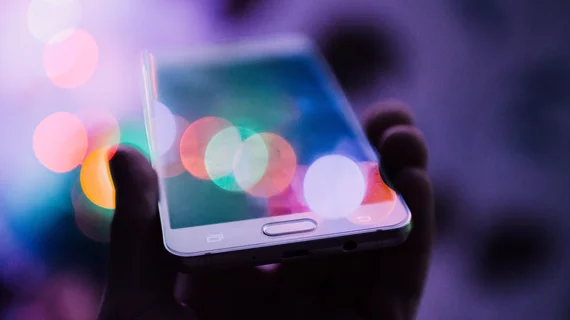COVID-19 smartphone diagnostics so close yet so far
Is the world ready for AI-equipped smartphones that can reliably identify or rule out COVID-19 based on audio data from coughing and speaking?
Not yet, suggest researchers from Stanford, UC-Berkeley, Weill Cornell and KVG Medical College in India.
But what’s thwarting widespread if not global adoption of such war-changing weaponry isn’t so much technological, regulatory or privacy-related, they state, as “these hurdles are not insurmountable.”
The real challenge is summoning the human will to make it happen. And that may go for other AI-based COVID diagnostics too.
The pandemic “has provided a unique opportunity to bring together enthusiastic groups of diverse volunteers to tackle this crisis,” Weill Cornell otolaryngologist Anaïs Rameau, MD, and co-authors write in an opinion piece published in the Voice Foundation’s Journal of Voice. “Academic and nonprofit professionals have driven synergistic efforts leading to expanded and open-access datasets.”
The rub is that open-source data efforts to date have lacked standardized protocols for data collection and formatting, not only of voice data but also demographics. The result has been inconsistency and thus unreliability.
Snags identified, the authors outline a path forward.
Recent days have seen “increasing efforts to define a common data format and universal collection protocol through regular exchanges between medical academics, AI engineers and legal experts across several countries,” Rameau et al. note. “Such a successful global endeavor relies on the shared values of maintaining open-source and transparent datasets and algorithms, and a commitment to the vision of making AI-based diagnostics a worldwide reality by overcoming regulatory and social challenges.”
More:
Leveraging innovative technologies is not sufficient for deploying a COVID-19 AI diagnostic solution. This objective is only possible through mobilizing a diverse and multinational team of experts and volunteers committed to open-source algorithms and standardized data collection for the good of humanity.”
Full piece here.

